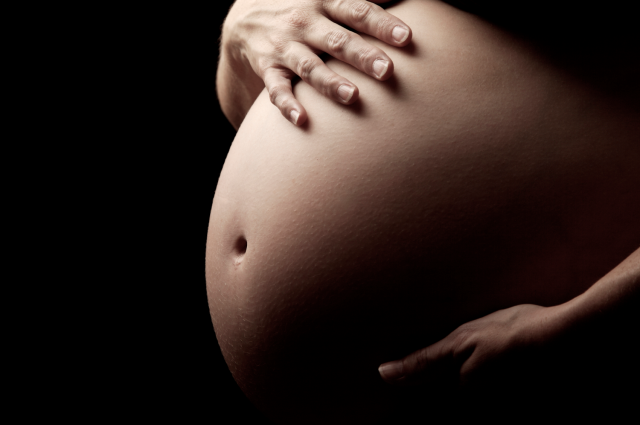A Long Time Coming
by Pennie Brownlee
I’ve been thinking about gestation periods for a good while now - both the 40 week gestation period for the human baby (which I poetically refer to as ‘getting cooked on the inside’), and the 40 week - 1 year gestation period after the birth, or ‘getting cooked on the outside’. Ashley Montague labelled this period ‘exterogestation’. This exterogestation period is sometimes referred to as the ‘fourth trimester’. Even the mathematically challenged will know that you cannot have four tri-mesters, the phrase has been coined to emphasise how important this period is in the growth and development of the human baby.
We make a grave mistake if we think babies are fully up and running when they are born. They are born at 40 weeks, not because they are ‘fully cooked’ but because at 40 weeks (give or take) they can survive outside the womb without medical assistance. As Donald Winnicott said, “There is no such thing as a baby. There is a baby and someone.” There are no prizes for guessing who that someone is, but there are situations beyond our control when the mother is not there for the baby, and then it is ‘another someone’ who steps up as ‘the trainer wheels of relationship’ for the baby.
The baby’s little systems are not grown to the point where she can self-regulate them, so nature has designed her to be supported by the ‘trainer wheels of nurture’ until she can balance all of her own systems. The Brainwave Trust tells us that will take three years, that is two more years on top of the crucial year of exterogestation.
What does that mean for the baby, the mother and for society. Well, it ‘s not a popular thing to say out loud, but actually, the baby needs the mother - and the mother needs support. When our society can support the mother (and the father) to ‘be the trainer wheels of nurture’ for the baby everyone wins. New Zealand is not Sweden and we do not support parents to bring up our citizens in their vulnerable years, although the state is prepared to pay to have other people look after them.
The statistics for infants going into care when they are still in their exterogestation period in this country are alarming. More alarming when you realise these babies are going to people whose preservice training may have had a paper on the special needs of infants and toddlers, but many training providers qualify teachers without any training for our babies and toddlers, and the evidence is everywhere:
- The ministry will licence a room for up to 20 babies which is an indication they have not considered the research on stress and group size, cortisol and brain development. Ministerial advisors who knew about children’s development and the way it is affected by stress would not condone those numbers.
- Many centres fill their rooms to their licensed maximum which is an indication owners and managers have no knowledge of the research around cortisol and brain damage, and the effects on learning. They would not crowd babies if they knew what it did to the babies.
- There are many centres who still refuse to provide primary care for their babies and toddlers (and other children) which is an indication they do not understand their role as substitute ‘nurture trainer wheels’... and on and on.*
Parents and teachers are going to have to work together on this big question, a question which will have reverberations throughout individual lives for the rest of their lives, and will affect society for at least one generation to come:
How can we support the mother, the family and the baby so that the baby is not the casualty of a political-economic expedient?
That’s a question suitable for gestation, and it is going to take all of us to birth a decent answer around that one! Let’s hope and pray that the answer is not a long time coming.
Reading: “Raising Babies: Should Under Threes Go to Nursery?” Steve Biddulph
“Why Love Matters: How Affection Shapes a Baby’s Brain” Sue Gerhardt
| a_long_time_coming.pdf | |
| File Size: | 474 kb |
| File Type: | |


